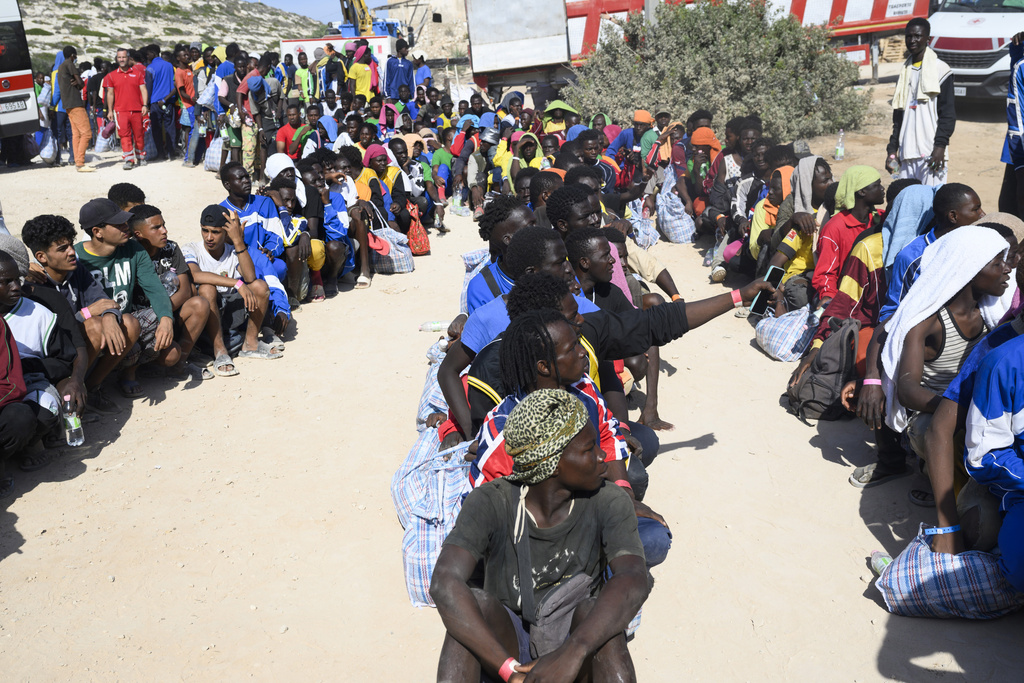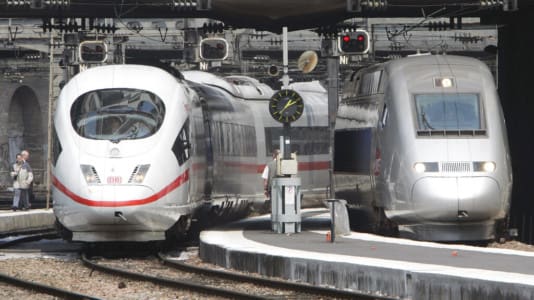Fifty years ago, in 1973, the French author Jean Raspail released a then seemingly far-fetched novel titled “The Camp of the Saints,” which portrayed a massive influx of immigrants to France and Europe. Now, on the 50th anniversary of the book’s publication, the narrative feels eerily prescient as countries like Italy and Poland grapple with real immigration pressures.
The powerhouse countries of Germany and France tend to set the agenda on the immigration issue, while countries like Poland and Italy find themselves responding to events rather than shaping them. Recent weeks have seen this topic heat up, especially in Italy, where the island of Lampedusa has become a flashpoint. The island is inundated with migrants arriving in large numbers on boats from the African mainland. Meanwhile, a film titled “Green Border” has stirred controversy in Poland, by portraying its border guards as ruthless enforcers for a quasi-fascistic government.
I would recommend all viewers so enamored with Agnieszka Holland’s “work” to at least go to Naples. Get off the train arriving at Napoli Centrale and walk a bit towards the Forcella district, among the stalls, streets, and alleys filled with African and Middle Eastern migrants. I would also suggest traveling to an Italian city, town, or district with a significant immigrant population and letting your daughter take a dog for a walk in the evening. After all, it’s normal for a child to be able to go out in the evening with a dog for a stroll in the city park, right?
The same in Rome. I recommend choosing a hotel near Stazione Termini and walking back in the evening around the station or, say, near Piazza Porta Maggiore. Just as a tourist. And only then, comment on the topic of immigration.
Italy’s struggles with immigration have been compounded by external challenges and international politics. The images from Lampedusa, such as crowded boats or migrants scaling fences, have alarmed many across Europe. A survey reported by the Italian La Stampa found that six out of ten Italians believe their government’s response is inadequate and 75 percent are concerned about the landings on Lampedusa.
Internally, the Italian government faces divisions. Supporters of former Deputy Prime Minister and Minister of the Interior Matteo Salvini have criticized Prime Minister Giorgia Meloni for the current state of affairs, noting that during Salvini’s tenure, migrant landings had been curtailed. Recent investigations have revealed the involvement of certain NGOs in human trafficking, a charge that Salvini had made earlier, leading to legal repercussions for him.
During Salvini’s time, the newspaper Corriere della Sera revealed the truth about immigrants. An undercover police officer spent some time on one of the ships owned by German NGOs and saw for himself that there was significant human trafficking taking place, and the criminals involved in paid smuggling collaborated with the “helping” activists. Rafts approached the ships, and activists took people from the traffickers
The broader European immigration policy, particularly Germany’s open-door approach, has only amplified the influx of African migrants to Europe.
Jean Raspail’s “The Camp of the Saints” is chilling not only for its predictive narrative but also because it suggests a certain inevitability to the unfolding events.
The story centers on France’s paralysis in the face of an impending crisis, a narrative that, for many, seems to be playing out in real-time across Europe. Despite constant warnings through the media, the French remain passive and ill-prepared. When action is finally taken, it’s too late. The army, influenced by leftist ideals, is depicted as weak and indecisive.
The French government’s response is delayed, leaving citizens defenseless. Instead of preparing, they naively hope for friendly immigrants seeking a “better life.” However, the reality turns into horror when the ships arrive.






